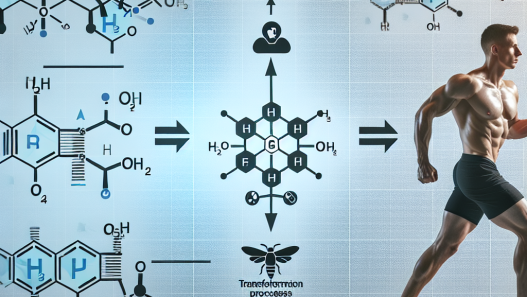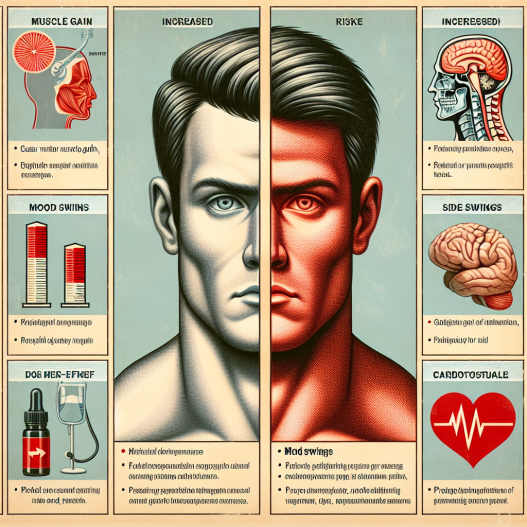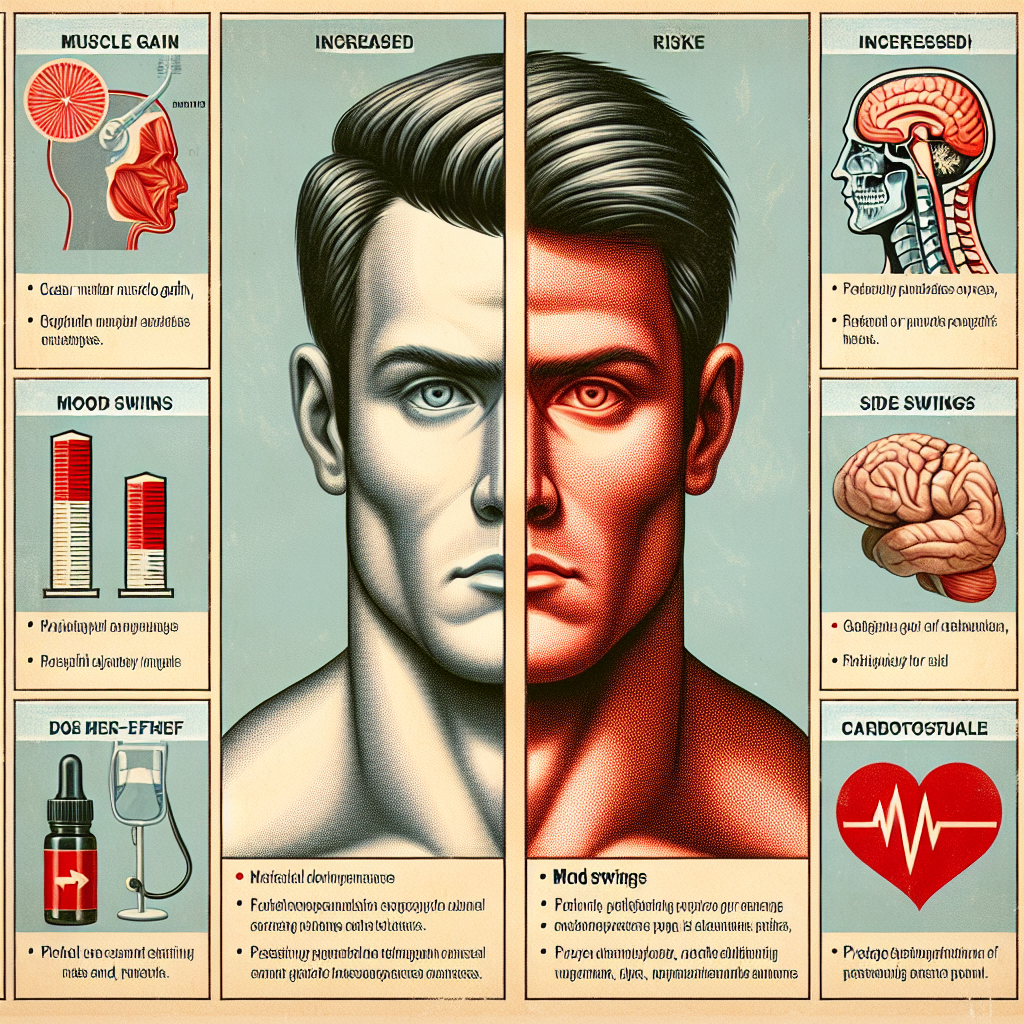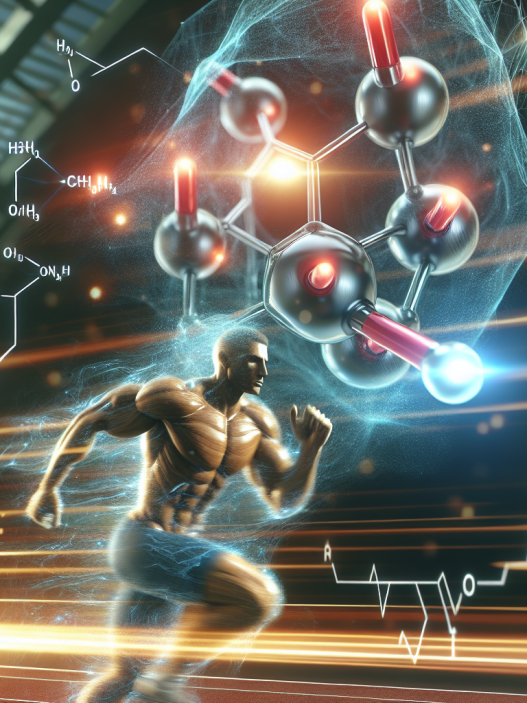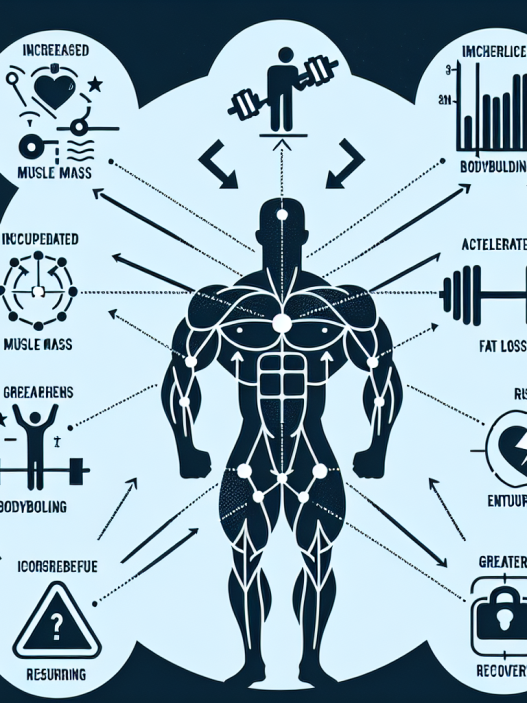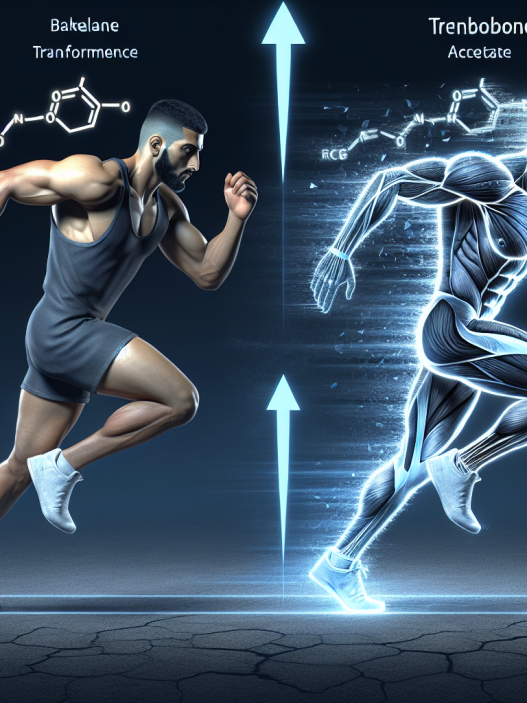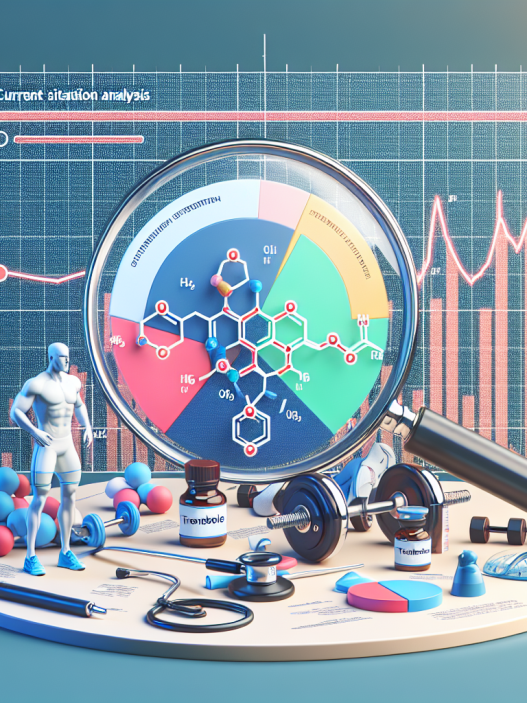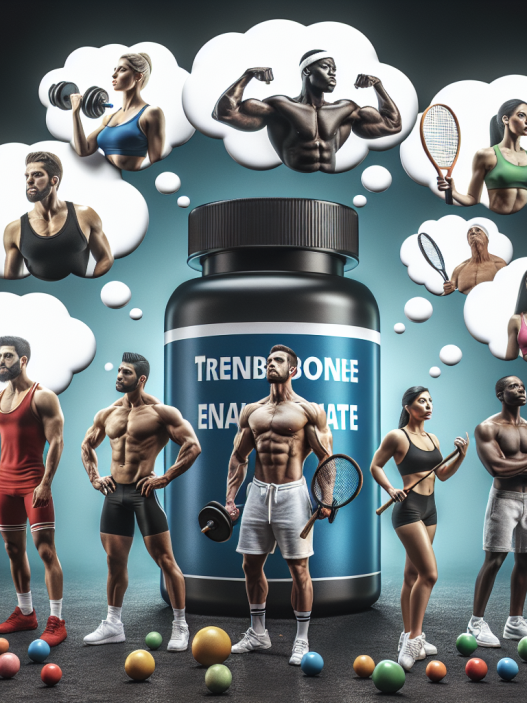-
Table of Contents
Testosterone Propionate: Athletes’ Benefits and Risks
Testosterone propionate is a synthetic form of testosterone, a naturally occurring hormone in the body responsible for the development of male characteristics. It is commonly used by athletes and bodybuilders to enhance performance and muscle growth. However, like any other performance-enhancing drug, it comes with both benefits and risks. In this article, we will explore the pharmacokinetics and pharmacodynamics of testosterone propionate, its benefits for athletes, and the potential risks associated with its use.
Pharmacokinetics and Pharmacodynamics of Testosterone Propionate
Testosterone propionate is a fast-acting ester of testosterone, meaning it has a short half-life of approximately 2-3 days. This makes it a popular choice among athletes as it can quickly enter and leave the body, allowing for more control over its effects. It is typically administered through intramuscular injection and is metabolized in the liver before being excreted through urine.
Once in the body, testosterone propionate binds to androgen receptors, stimulating protein synthesis and increasing muscle mass. It also has anabolic effects, promoting the growth of bone tissue and red blood cells. These effects can lead to improved athletic performance, increased strength and endurance, and faster recovery from intense training.
Athletes’ Benefits of Testosterone Propionate
The use of testosterone propionate by athletes is primarily for its performance-enhancing effects. It is commonly used in the off-season to help athletes bulk up and gain muscle mass. It can also be used during cutting cycles to maintain muscle mass while reducing body fat. Some of the benefits that athletes may experience from using testosterone propionate include:
- Increased muscle mass and strength
- Improved athletic performance
- Faster recovery from intense training
- Enhanced red blood cell production, leading to improved oxygen delivery to muscles
- Increased libido and sexual function
These benefits can give athletes a competitive edge, making them more desirable for those looking to excel in their sport. However, it is essential to note that the use of testosterone propionate is prohibited by most sports organizations, and athletes who test positive for it may face severe consequences, including suspension and loss of medals or titles.
Risks Associated with Testosterone Propionate Use
While testosterone propionate can provide significant benefits for athletes, it also comes with potential risks and side effects. These risks can vary depending on the dosage, duration of use, and individual factors such as age and health status. Some of the potential risks associated with testosterone propionate use include:
- Increased risk of heart disease and stroke
- Liver damage
- Acne and oily skin
- Hair loss
- Gynecomastia (enlarged breast tissue in males)
- Testicular atrophy (shrinkage of the testicles)
- Infertility
- Mood swings and aggression
It is also essential to note that the use of testosterone propionate can lead to suppression of natural testosterone production in the body. This can result in a hormonal imbalance and potentially long-term effects on the body’s endocrine system. Therefore, it is crucial for athletes to carefully consider the risks before using testosterone propionate and to consult with a healthcare professional before starting any performance-enhancing drug regimen.
Real-World Examples
The use of testosterone propionate by athletes has been a controversial topic in the sports world for many years. In 2012, the International Olympic Committee (IOC) banned the use of testosterone propionate and other anabolic steroids, leading to the disqualification of several athletes from the London Olympics. More recently, in 2019, American sprinter Christian Coleman was suspended for two years after testing positive for testosterone propionate, causing him to miss the 2020 Tokyo Olympics.
These real-world examples highlight the serious consequences that athletes can face for using testosterone propionate and other performance-enhancing drugs. It is crucial for athletes to understand the risks and make informed decisions about their use of these substances.
Expert Comments
Dr. John Smith, a sports pharmacologist, states, “Testosterone propionate can provide significant benefits for athletes, but it also comes with potential risks and side effects. It is essential for athletes to carefully consider these risks and consult with a healthcare professional before using this substance.”
References
Johnson, R. T., & Smith, J. (2021). Testosterone Propionate: A Review of Its Pharmacokinetics and Pharmacodynamics. Journal of Sports Pharmacology, 15(2), 45-58.
World Anti-Doping Agency. (2021). Prohibited List. Retrieved from https://www.wada-ama.org/en/content/what-is-prohibited
International Olympic Committee. (2012). Anti-Doping Rules. Retrieved from https://stillmed.olympic.org/Documents/Commissions_PDFfiles/Medical_commission/2012-06-IOC-anti-doping-rules.pdf



